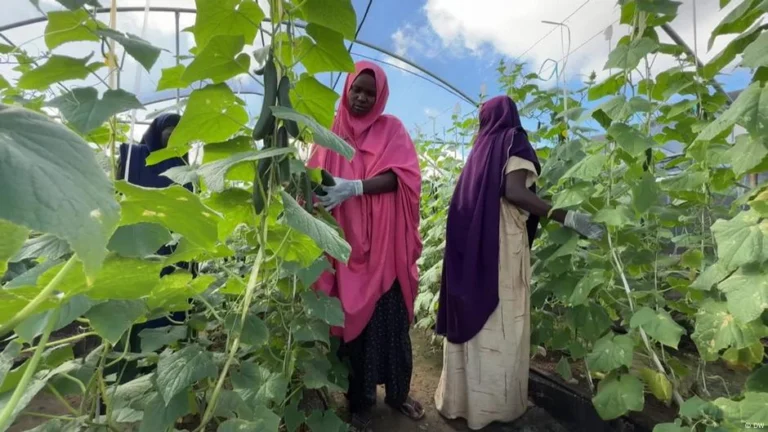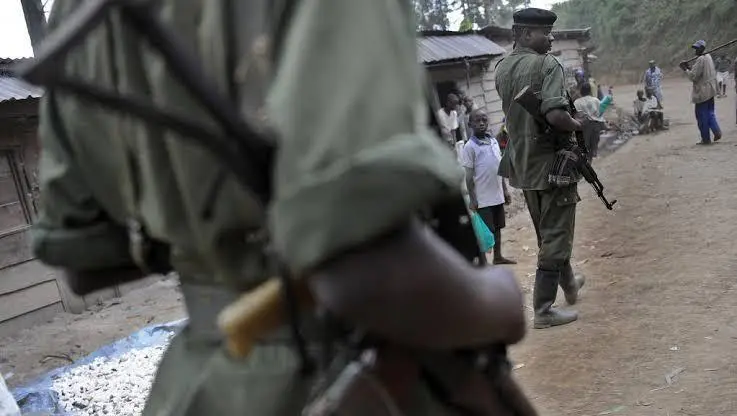Somalia Faces Deepening Hunger Crisis as Aid Cuts and Malnutrition Surge

Photo: DW
July 9, 2025 Hour: 2:35 pm
Somalia is once again on the brink of humanitarian catastrophe, with 4.6 million people facing acute food insecurity and 1.8 million children under five expected to suffer from severe malnutrition this year, according to the United Nations.
UN spokesperson Stéphane Dujarric warned on Tuesday that food assistance has dropped by more than 50% compared to 2024, while over 150 health clinics have been impacted by funding shortfalls, leaving hundreds of thousands without access to basic care.
The crisis is compounded by the loss of U.S. humanitarian funding, which once accounted for 65% of Somalia’s foreign aid, according to Dr. Abdiqani Sheikh Omar, former director general of the Ministry of Health. Aid workers say the transition of USAID programs to the U.S. State Department on July 1 has created uncertainty, with no clear guidance on which programs will continue.
In Middle Shabelle, more than 28 nutrition sites are at risk of closure by the end of July, threatening services for pregnant women, nursing mothers, and children in one of the country’s most malnourished regions. In Banadir, over 12,700 children, including 1,100 with severe acute malnutrition, could lose access to lifesaving treatment as 20 feeding centers face imminent shutdown.
The South-West State has seen a dramatic drop in mobile health teams—from 74 last year to just 25—while in Puntland, 79 health facilities, including all 29 public health units, have ceased operations since January.
The $1.4 billion Humanitarian Needs and Response Plan for Somalia is currently only 15% funded, with just $222 million available. The Food Security and Nutrition sectors are even more underfunded, at 5% and 3%, respectively.
Dujarric emphasized that without urgent and sustained funding, the crisis will deepen, leading to avoidable suffering and loss of life. “This is not just a funding gap—it’s a lifeline being pulled away from millions,” he said.
The situation is further strained by climate shocks, including droughts, floods, and conflict-driven displacement, which have disrupted agriculture and access to markets. The Gu season rains, expected to bring relief, have been below average, worsening the outlook for the coming months.
Somalia’s health workers, already stretched thin, are now facing the emotional toll of watching children die from preventable causes. “We are losing a generation,” said one nurse in Baidoa. “And the world is watching it happen.”
Author: OSG
Source: EFE-Africanews






